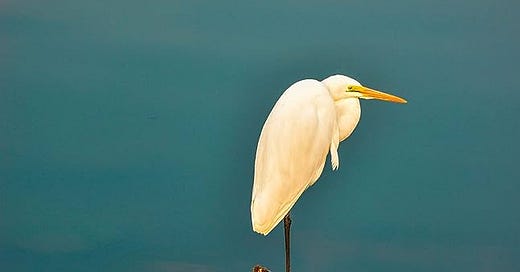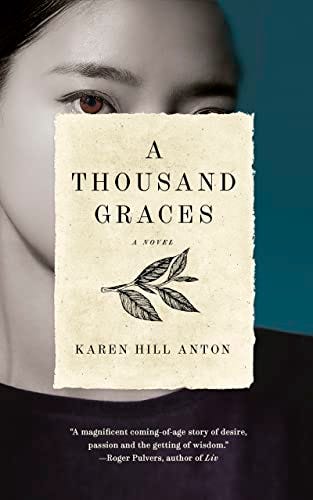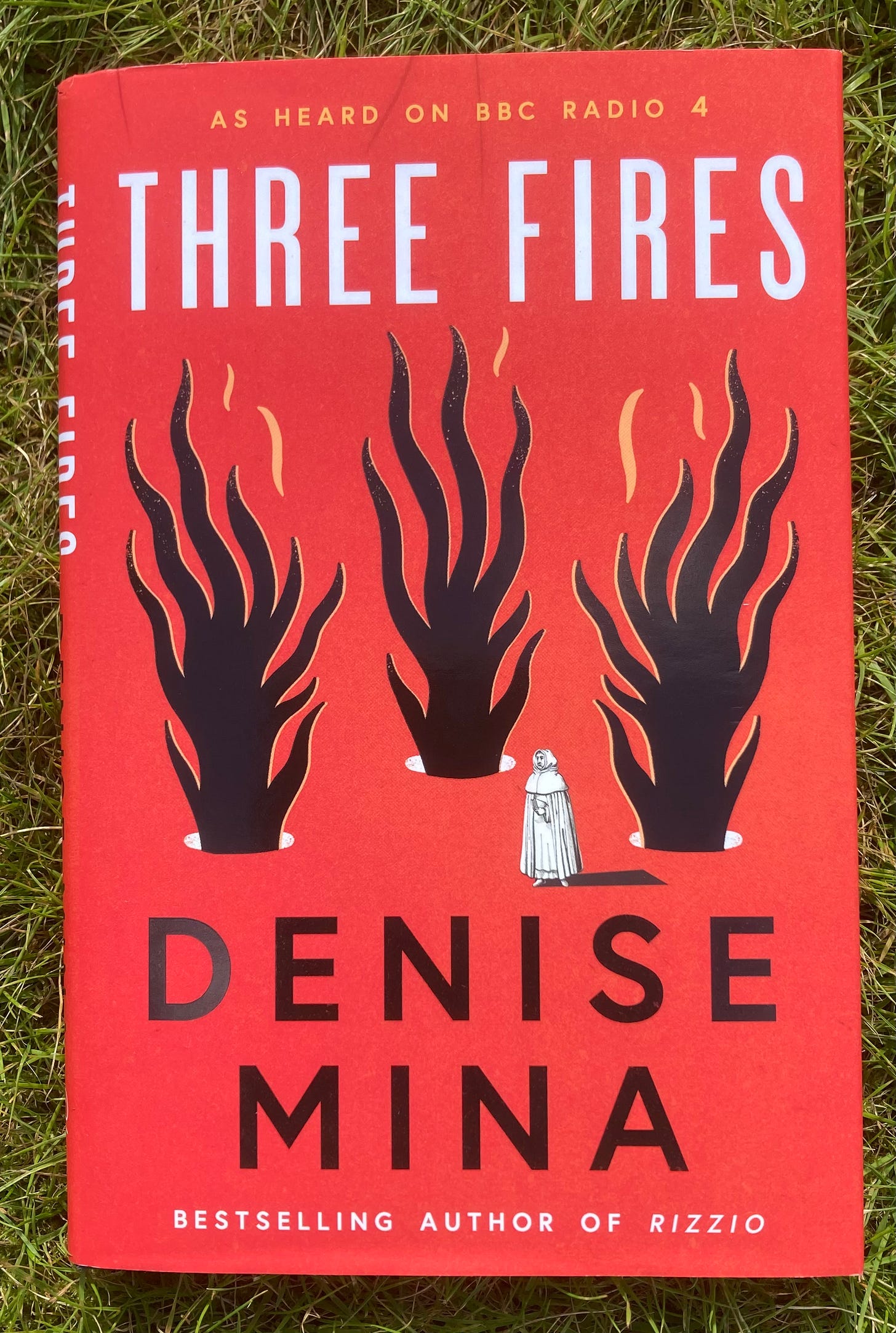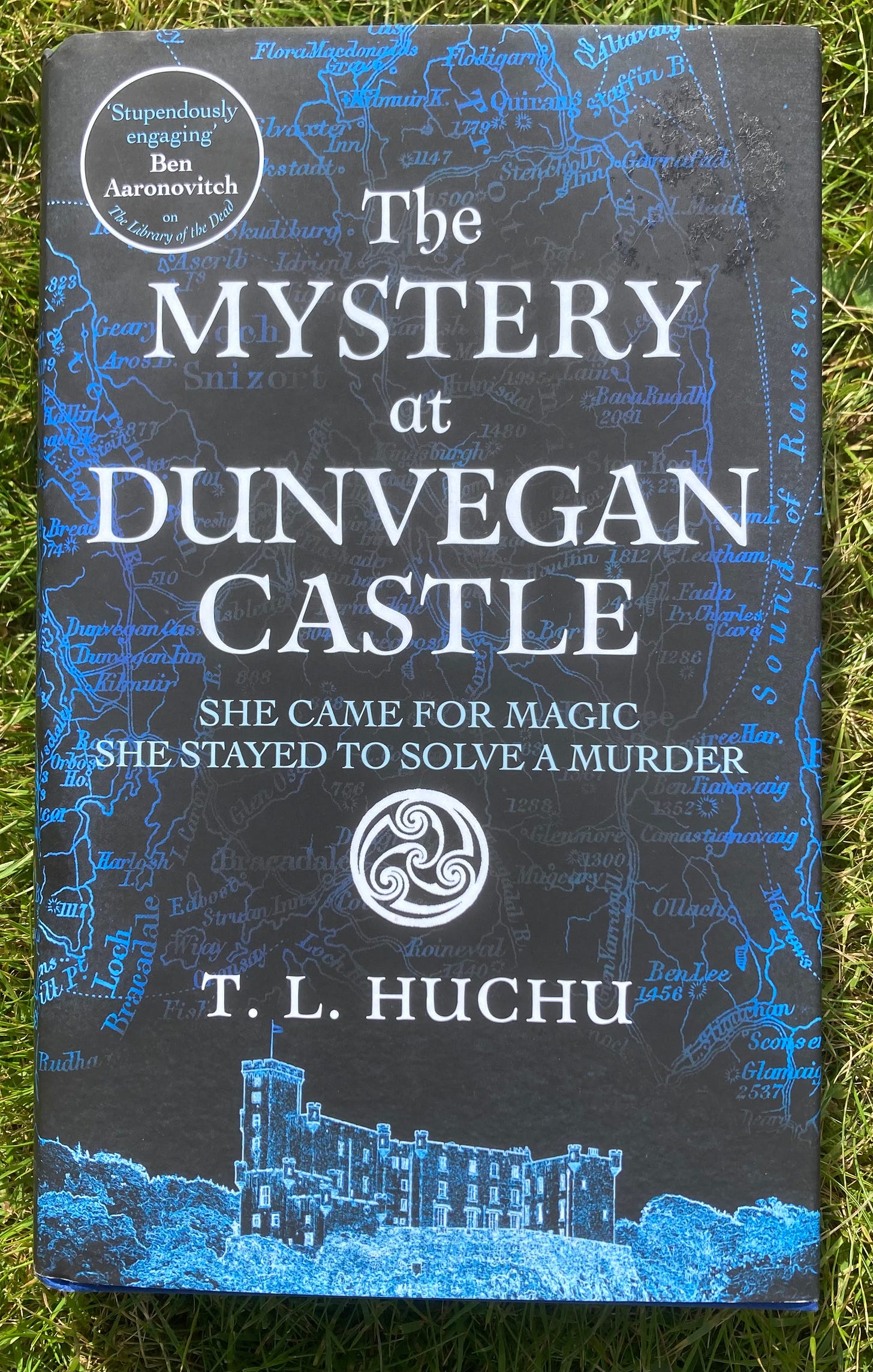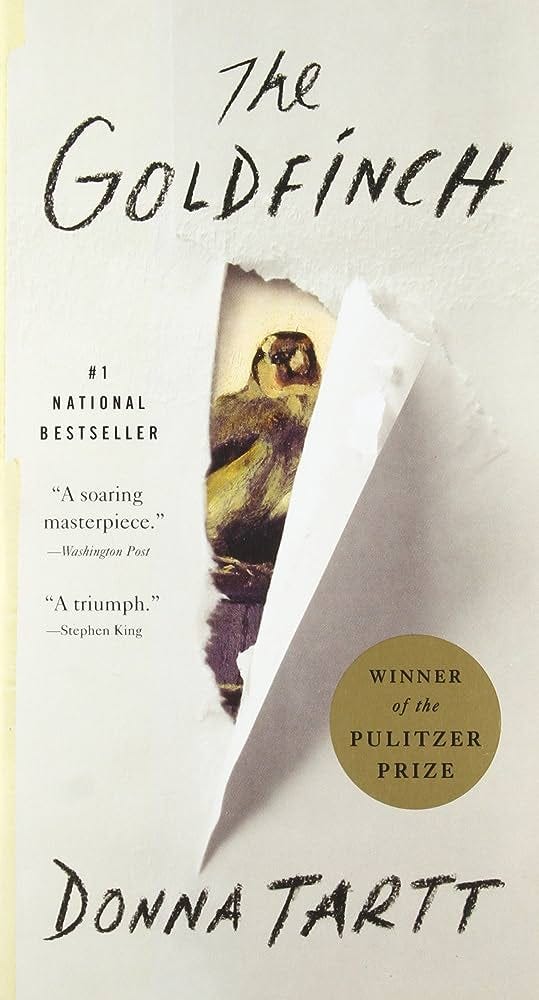August involved a lot of travel, most of which consisted of sitting on trains, planes, and in waiting rooms of various description. As a result, I could finally indulge myself and read uninterrupted for hours. First up was David Joiner’s third novel, The Heron Catchers, in an advanced digital copy courtesy of publisher Stone Bridge. I thoroughly enjoyed David’s previous novel, Kanazawa, so I had high expectations for this and wasn’t disappointed. It treads similar ground to its predecessor, in that the focus is the marriage of an American man to a Japanese woman living in the Kanazawa/Ishikawa area, but whereas the marriage in Kanazawa was struggling, this one is catastrophically over when the book opens. The Heron Catchers is a more mature, more assured novel than Kanazawa, and while it uses many of the same tropes (highly localised setting, frequent references to Japanese literature and other art forms, focalised narrative from the outsider’s perspective) it does new and interesting things with them. Great stuff, get it when it comes out in November.
Another ebook, this time sent to me by the author herself, was A Thousand Graces by Karen Hill Anton. The novel is about Chie, a woman in rural 1970s Japan, fighting against the roles society expects her to play. Anton’s memoir, The View from Breast Pocket Mountain (great title) was hugely (and rightly) acclaimed, and this confirms her as a writer worth following. She’ll be appearing at the Japan Writers Conference in October which I am hosting at Sugiyama Jogakuen University in Nagoya, and I’m really looking forward to hearing her speak.
I haven’t been inside a proper English-language bookshop in years (as opposed to a Japanese or Korean language bookshop with an English language section), so as soon as I arrived in Scotland at the start of the month I went to Yeadon’s Bookshop in Banchory and bought Three Fires by Denise Mina. In the same vein as Rizzio which I loved reading last year, this is a historic novella about Girolamo Savonarola, a fifteenth century friar whose sermons led to the Bonfire of the Vanities. Mina’s prose is gorgeous, stark and simple, but witty and poetic, sketching a world, a mood, a character in a few short, well-chosen phrases, doing more with a little language than many writers do with all the words at their disposal. I’m a huge advocate of the novella form and this is a fantastic advert for it. More please!
As soon as I got off the train in Edinburgh I dived into Waterstones to get book three in Tendai (TL) Huchu’s Edinburgh Nights series. I met Tendai for lunch and got him to sign it. As we were sitting drinking coffee outside the National Library, a passer-by spotted my copy on the table and shouted “Oh! Is the third one out! I love that series!” before rushing off to get her own copy. I can’t think of a better illustration of how good Tendai’s books are than that. Few writers get to see unprovoked public displays of affection for their work.
I downloaded this as an ebook when it came out in 2013, put it off because of the size and then completely forgot about it. I found it again while preparing my Kindle for flight (about the only time I use my Kindle these days is on planes) and having finished Karen Hill Anton’s book, dived into this. I adored A Secret History but didn’t really get on with The Little Friend. I have to confess to being somewhat ambiguous about this one. The character fascinated me, and I was hooked into finding out what would happen in the end (I know from The Secret History to read to the end). However, it really is much more about voice than story, particularly at the start, and I felt it could have benefited from a lot of cutting and stronger editing. I found myself skim-reading pages of description and internal thought that contributed little to the overall movement and flow of the book, well-written though those passages were. Few 700-page novels actually need or deserve the full 700 pages and this, I’m afraid, is one of them. Another “too big to be edited” author? Only the author and the editor know that.

